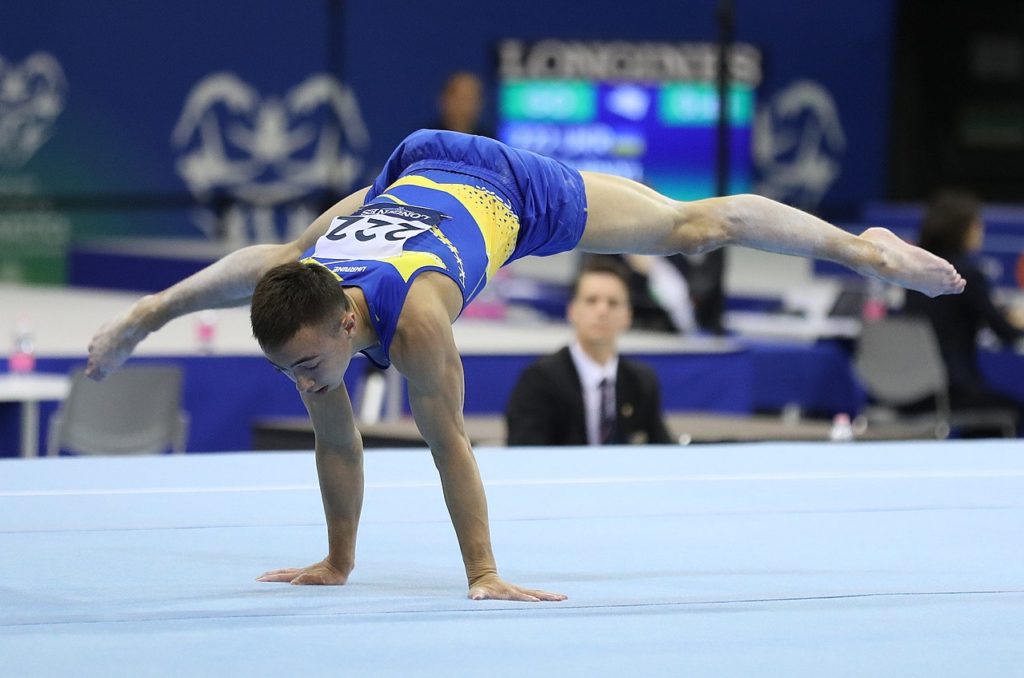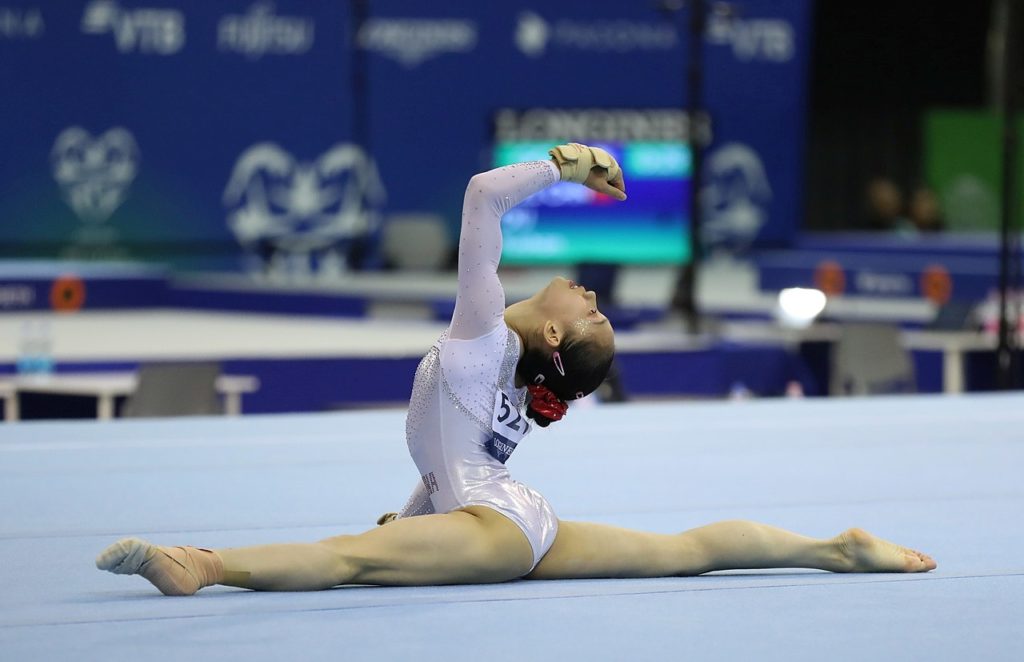The International Gymnastics Federation (French: Fédération Internationale de Gymnastique, FIG) is the body governing competition in all disciplines of gymnastics. Its headquarter is in Lausanne, Switzerland. Originally called the European Federation of Gymnastics, it had three member countries—Belgium, France, and the Netherlands—until 1921 when non-European countries were admitted and it received its current name.

The federation sets the rules, known as the Code of Points, that regulate how gymnasts’ performances are evaluated. Seven gymnastics disciplines are governed by the FIG: artistic gymnastics, further classified as men’s artistic gymnastics (MAG) and women’s artistic gymnastics (WAG); rhythmic gymnastics (RG); aerobic gymnastics (AER); acrobatic gymnastics (ACRO); trampolining (TRA); Double mini trampoline (DMT), tumbling (TUM) and parkour. Additionally, the federation is responsible for determining gymnasts’ age eligibility to participate in the Olympics.

As of 2019, there were 148 national federations affiliated with FIG, as well as one associated federation, one provisional federation, and the five continental unions. Across all disciplines, participation in FIG-sanctioned events exceeds 30,000 athletes, about 70% of whom are female. The FIG regulates the age at which gymnasts are allowed to participate in senior-level competitions. The purpose is to protect young gymnasts.

According to the Wikipedia














